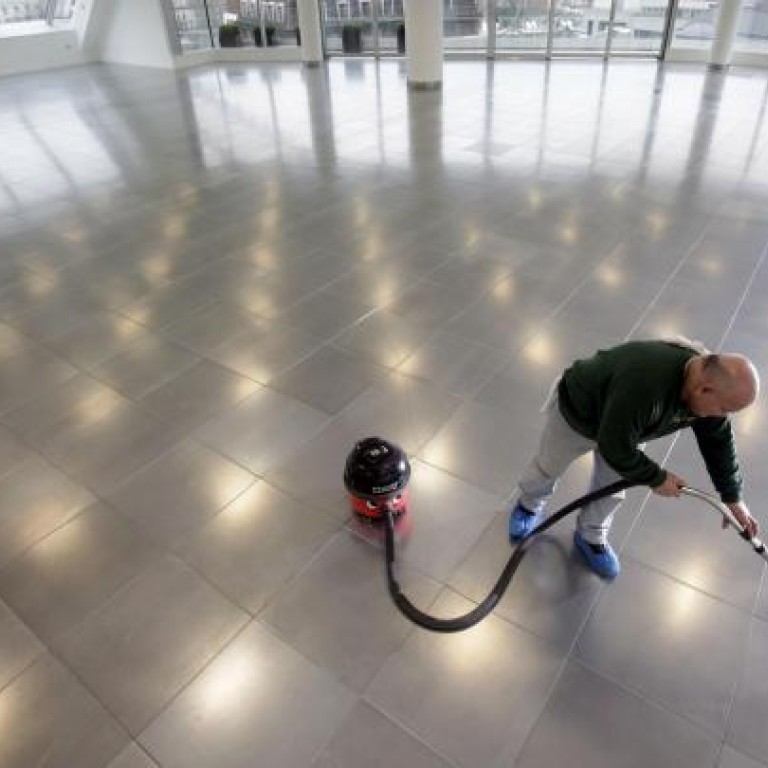
Asian funds buy into London for impressive returns
Offices in the city's Square Mile are giving 5.5 per cent to buyers whose currencies have also appreciated a lot against the pound
Asian investors are the biggest buyers of office property in the City of London this year, wagering that the financial district's volatile market has changed since it routed Japanese buyers in the 1990s.

National funds from Asia are increasing their proportion of investments in real estate and looking overseas for higher yields amid slower growth in the region.
A weak pound, a reputation as a safe haven and returns that beat financing costs help make London a most attractive city for foreign property investors.
"London for us is purely diversification, flight to safety and a way to get a bit of yield," said Goodwin Gaw, managing principal at Hong Kong-based Gaw Capital Partners and its Downtown Properties affiliate.
"It's definitely more of an income stability play because if it was capital appreciation, I would be in Asia."
A Downtown Properties fund will probably invest US$300 million to US$400 million in the next six to nine months either in London or the US, Gaw said.
Much of the Asian investment, £3.5 billion from 2010, has gone into the City of London, also known as the Square Mile.
Buyers from the Asia-Pacific surpassed the British in the year through September with 28 per cent of the purchases, Jones Lang estimates. That's up from 24 per cent last year and 4 per cent the year before.
The investors have been rewarded, said Alan Carter, a London-based real estate analyst at Investec. "If you're getting a 5.5 per cent yield and rents are growing, that's not too shabby at the moment."
British buyers dropped to 20 per cent of the market in the first nine months of this year from 37 per cent last year as companies focused on development.
US investors, the biggest group in 2010, made 19 per cent of the purchases by value this year said Jones Lang. The increase from 7 per cent a year earlier was led by Brookfield Office Properties' purchase of a £518 million portfolio from Hammerson.
The City has changed as a property market since falling values prompted Japanese owners to cut their holdings in the district to 2 per cent in 2005 from 11 per cent a decade earlier.
Development is slower than demand, prices are 25 per cent below their 2007 level and strengthening Asian currencies are making London properties more affordable.
The Singapore dollar appreciated by about 52 per cent against the British pound over the past five years. That means an investor from Singapore can buy a building in the City for half its 2007 cost, compared with the 23 per cent fall for a British buyer, according to real estate agent Knight Frank. Malaysia's ringgit rose 41 per cent.
Gaw said his funds can borrow in Britain for about 4 per cent and a City of London investment will give them a cap rate, the property's net operating income divided by the sales price, of 6 per cent to 7 per cent or more.
"The income coming off the property generates a significant spread over the cost of funds.
"It's something we don't see in New York and we definitely don't see in Hong Kong," he said.
